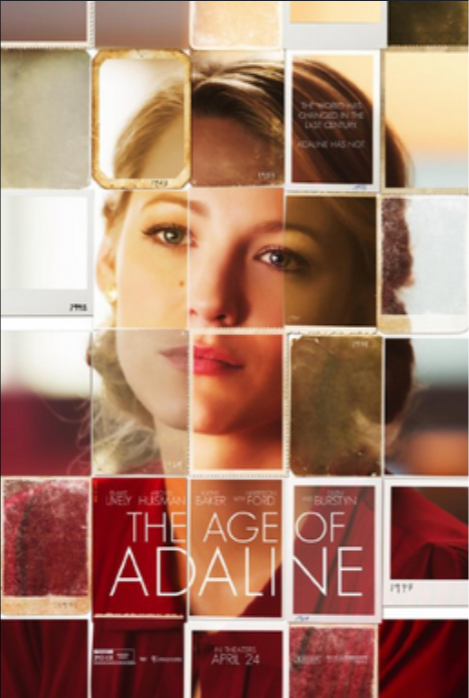'SUPERNATURAL'
- francescagelet
- Nov 15, 2025
- 3 min read

At its core, Supernatural is a love letter to Americana. Two brothers crisscross the country in a classic car with a trunk full of guns stopping at roadside diners and cheap motels while engaged in a battle of good vs. evil. No, no, it goes beyond that. They are engaged in a battle with the concept of good and evil, bucking the paradigm entirely with their wild, reckless devotion to each other.
If that doesn’t sell you on the show, I don’t know what will. Be warned though, while it ran for 15 seasons, Supernatural is really only worth the watch from about mid-way through season 1 to the end of season 5. Season 6 is not unwatchable, but it does lack the same truth that the first five had. Season 7 and on are not entirely worth it, barring some exceptional one-off episodes like season 8’s Bitten, a Brothers Lite, found footage piece about college kids in a love triangle and their encounter with the monstrous.
Those first five seasons are fantastic though. They begin as a dark exploration of American monster lore and urban legends but come across as too dark and too devoted to explaining the lore. Early episodes function more like mini horror movies than parts of a cohesive series. Beginning around episode 11, the show starts to adopt its own identity and by the end of the season, it’s found it. Centering on a Biblical narrative is what starts the transformation. The brothers become an allegory for devotion and doubt, obedience and rebellion. The naughty brother follows the father’s will while the strait-laced brother rebels. The crux of their conflict is that one feels that the other is brainwashed (The Righteous), while the other thinks the one is selfish (The Fallen). All of the folkloric monsters become peripheral to this larger narrative.
On the surface it plays like an atheist’s wet dream; the father (The Father) is largely absent before he dies. The sons are left to battle literal demons (and later violent, calculating angels) on their own. But there is a genius work of American gothic tradition underneath it all that ties well-worn visuals of American decay to a deviation from classical religious narratives. The layering of fundamentally American storytelling mechanisms, the crime procedural and the sitcom, with folklore, iconography and a tongue-in-cheek self-awareness only possible in the internet era gives the whole thing a sense of richness and honesty that makes it a versatile narrative vessel. It features bumbling caricatures of reality TV ghost hunters that the hard-nosed brothers have to bump elbows with from time to time. Whole episodes nod to the creature features of early Hollywood and the strange phenomena of ‘Mystery Spots.’ There is a pulpy book series called Supernatural that has an in-world cult following and was written by an alcoholic recluse who happens to be a prophet of the Lord.
While the commitment to a serious, Biblically oriented narrative gives the show its soul, the heavy adoption of camp and straight-faced dedication to absurd violence give the show its personality. Supernatural was one of a small handful of shows made in the early 2000s that fall into a niche subgenre I think of as ‘quirky gore.’ Pushing Daisies is another. In both, you can see the genesis of the overtly gruesome shows that followed, The Boys and Hannibal (made by Supernatural showrunner, Eric Kripke, and Pushing Daisies showrunner, Bryan Fuller, respectively). There is a moment at the end of season 1 where the brothers are investigating a murderous painting and, apropos of absolutely nothing, rent a shiny disco-themed hotel room. The brothers acknowledge the weirdness with a single, “Huh,” and it’s never addressed again. It has nothing to do with the plot. This typifies ‘quirky gore.’ It deals lightly with traditionally heavy subject-matter so that deeper themes can be explored.
So, sitting comfortably in this identity, with a well-established brotherly dynamic and a progressive ‘big bad’ storyline, Supernatural is free to explore, in depth, themes central to the American experience. Themes like progress gives way to nostalgia which gives way to decay. Themes like family might put you through hell, but those bonds and that responsibility are what makes life worth living. Themes like we can try to fight fate, but in the end the best we can do is be there for each other. And that, all of that, is a beautiful thing.




Comments